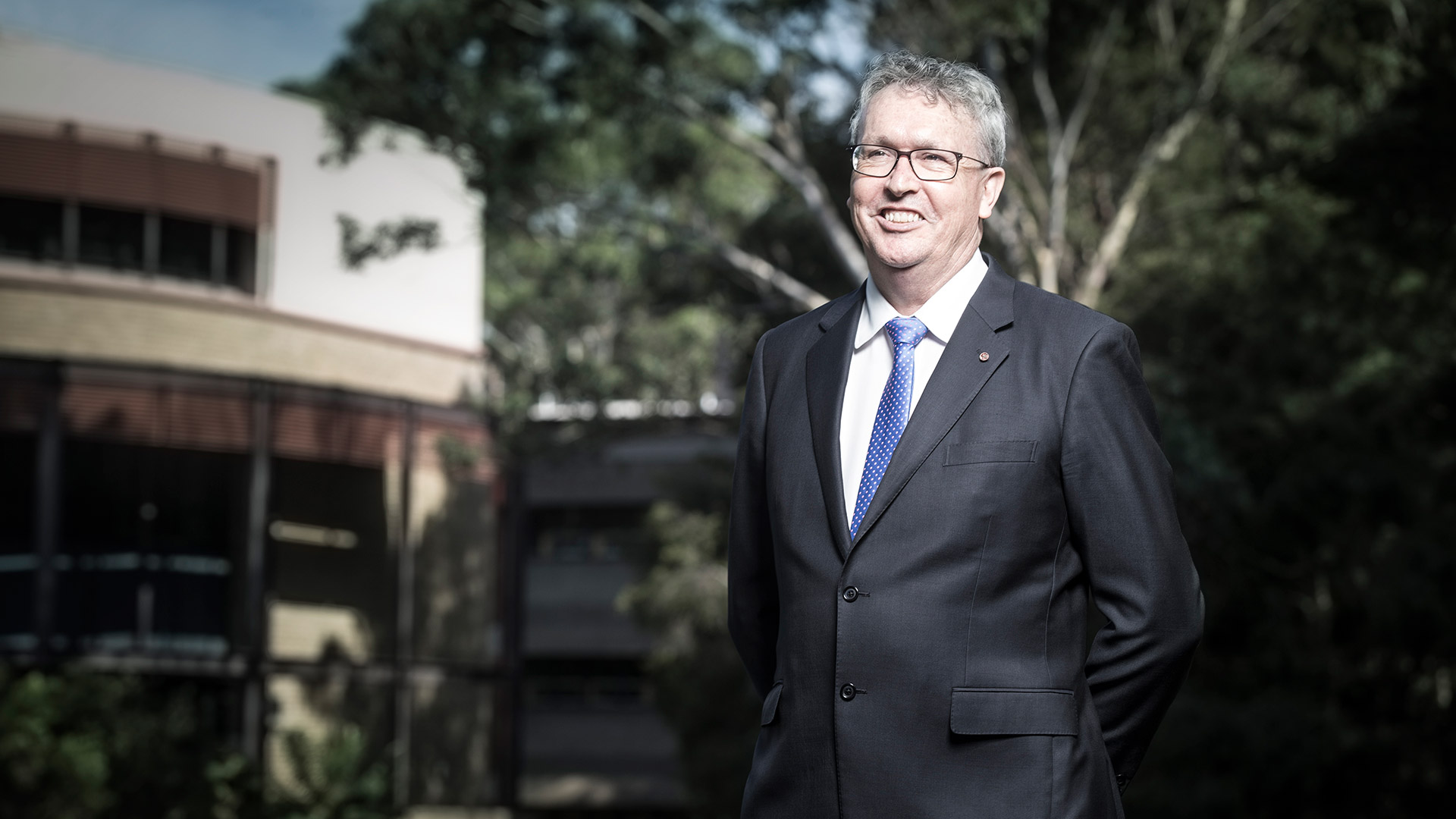April 22, 2021
Vice-Chancellor responds to Academic Senate reforms criticism
Examples of better practise contemporary governance highlighted
University of Wollongong (UOW) Vice-Chancellor, Professor Paul Wellings CBE, has responded to criticisms publicly aired recently by Australian Greens Senator, Dr Mehreen Faruqi, regarding the University Council’s reforms of the Academic Senate.
The full text of Professor Wellings’ response is below:
22 April 2021
Dr Mehreen Faruqi
Senator for NSW
Australian Greens Spokesperson for Education
72 Campbell Street
SURRY HILLS NSW 2010
senator.faruqi@aph.gov.au
Dear Senator Faruqi
Thank you for your letter of 21 April 2021 and your interest in the formal decisions taken by the Council of the University of Wollongong at its meeting earlier this month. Parts of your letter are based on a number of false premises.
For the record: Early in 2020, Council established a working group to examine the size and membership of Academic Senate. This working group produced a unanimous report which was considered by Council at its meeting in February 2021 and sent to the March meeting of the University’s Academic Senate. This consultative process, along with the feedback from elsewhere in the University, generated a number of suggestions which Council discussed at its meeting in April. As you know, under the University’s Act, Council has the authority to decide who sits on Academic Senate. Council took its decisions, completely within normal processes, at the end of a 14 month exercise.
Council resolved to reduce the size of Academic Senate to 50 members. This brings this large sub-committee of Council into alignment with equivalent bodies at other universities around Australia. Council also resolved to implement these changes in time for the next scheduled meeting of Academic Senate. The effect of this is to shorten the terms of some Senators and to open some positions for election. This election process is currently underway. Its management is completely within the approved rules of the University.
Academic Senate was not dismissed. It remains one of the largest committees in the University. As Council noted in April, Academic Senate has an important role in maintaining the university’s academic standards
The net effect of the report of the working group, Council’s consideration of the report and the suggestions arising from consultations has produced the following outcomes:
- A smaller Academic Senate more focussed on its core business;
- An increase in the number and representation of students on Academic Senate;
- An increase in the proportion of elected persons on Academic Senate (up about 11.5%);
- A broader representation of academic staff;
- An increased quorum now set at a majority of members (previously this was much less than 50%);
- A guideline on gender representation; and
- A role for equity and inclusion; to sit aside education, research and international.
These are all examples of better practise and contemporary governance.
Yours sincerely
Professor Paul Wellings CBE
Vice-Chancellor
(ENDS)
